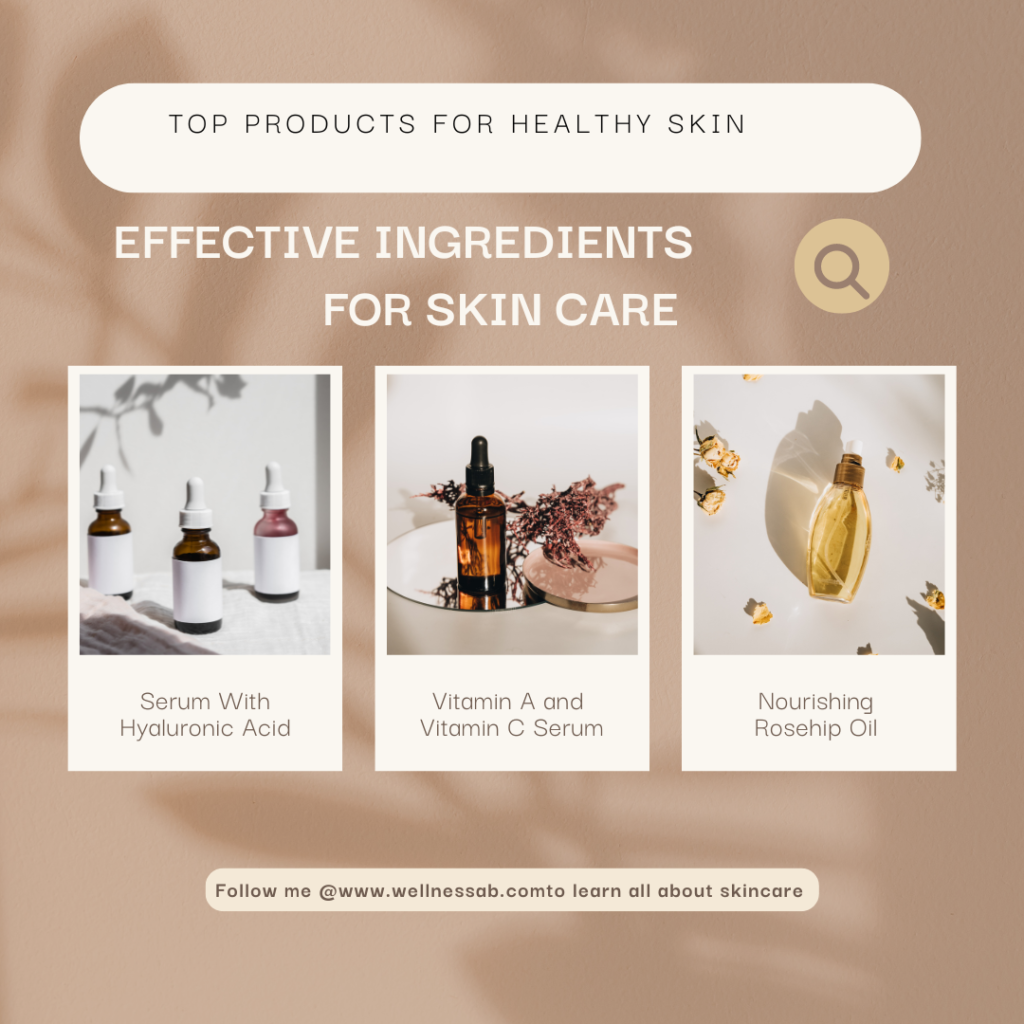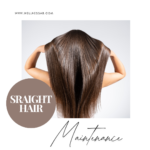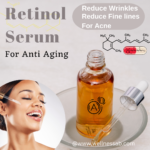
Table of Contents
Effective Ingredients in Skin Care Products
Skin care has become an integral part of daily routines, with individuals seeking skin care products that promise clear, youthful, and radiant skin. The effectiveness of these products largely depends on their ingredients. Understanding these ingredients can help consumers make informed choices and achieve their desired skin care outcomes. Here are some of the most effective ingredients commonly found in skin care products and their benefits.
1. Hyaluronic Acid
Hyaluronic acid is a naturally occurring substance in the skin known for its remarkable ability to retain moisture. It can hold up to 1,000 times its weight in water, making it a key ingredient for hydration. When applied topically, hyaluronic acid helps to keep the skin plump and hydrated, reducing the appearance of fine lines and wrinkles. It is suitable for all skin types, including sensitive and acne-prone skin, because it does not clog pores or cause irritation.
2. Vitamin C
Vitamin C is a powerful antioxidant that protects the skin from damage caused by free radicals, which are unstable molecules that can accelerate aging. This ingredient is also known for its brightening properties, as it helps to fade hyperpigmentation and even out skin tone. Additionally, vitamin C promotes collagen production, which enhances skin elasticity and reduces the appearance of fine lines. For optimal results, it is often used in the form of L-ascorbic acid in skin care products.
3. Retinoids
Retinoids, including retinol and retinoic acid, are derivatives of vitamin A and are renowned for their anti-aging benefits. They promote cell turnover, which helps to unclog pores, reduce acne, and diminish the appearance of fine lines and wrinkles. Retinoids also stimulate collagen production, improving skin texture and firmness. However, they can cause irritation and dryness, so it is essential to start with a lower concentration and gradually increase usage.
4. Niacinamide
Niacinamide, also known as vitamin B3, is a versatile ingredient that offers multiple benefits for the skin. It helps to improve the skin’s barrier function, which reduces moisture loss and protects against environmental damage. Niacinamide is effective in reducing inflammation, which makes it beneficial for acne-prone and sensitive skin. It also helps to minimize the appearance of pores, even out skin tone, and reduce the appearance of fine lines and wrinkles.
5. Alpha Hydroxy Acids (AHAs)
Alpha hydroxy acids, such as glycolic acid and lactic acid, are chemical exfoliants that remove dead skin cells from the surface of the skin. This exfoliation process helps to reveal smoother, brighter skin and can improve the appearance of fine lines, pigmentation, and uneven texture. AHAs are water-soluble and work well for dry and sun-damaged skin. However, they can increase the skin’s sensitivity to the sun, so it is crucial to use sunscreen during the day when using AHA-containing products.
Here is an effective skin care routine to be followed for that glowing skin
6. Beta Hydroxy Acid (BHA)
Salicylic acid is the most common beta hydroxy acid used in skincare. Unlike AHAs, BHAs are oil-soluble, allowing them to penetrate deep into the pores to exfoliate from within. This makes salicylic acid particularly effective for treating acne and blackheads. It also has anti-inflammatory properties, which help to calm irritated skin. Salicylic acid is suitable for oily and acne-prone skin types.
7. Peptides
Peptides are short chains of amino acids that serve as building blocks for proteins such as collagen and elastin in the skin. As we age, the production of these proteins decreases, leading to sagging and wrinkling of the skin. Topical application of peptides can help to stimulate collagen production, improve skin elasticity, and reduce the appearance of fine lines and wrinkles. Peptides are generally well-tolerated by all skin types.
8. Ceramides
Ceramides are lipids that are naturally found in the skin’s barrier and play a crucial role in maintaining hydration and protecting the skin from environmental damage. Over time, the level of ceramides in the skin decreases, leading to dryness and sensitivity. Skincare products containing ceramides help to restore the skin’s barrier, retain moisture, and protect against irritants. They are especially beneficial for dry and sensitive skin types.
9. Antioxidants
In addition to vitamin C, other antioxidants like vitamin E, green tea extract, and resveratrol provide protection against free radical damage. Antioxidants help to neutralize these harmful molecules, reducing oxidative stress and preventing premature aging. They also have anti-inflammatory properties, which can soothe and calm the skin.
10. Sunscreen
While not an ingredient per se, sunscreen is an essential component of any skincare routine. Ingredients like zinc oxide and titanium dioxide provide broad-spectrum protection against UVA and UVB rays. Regular use of sunscreen helps to prevent sunburn, reduce the risk of skin cancer, and prevent premature aging caused by sun exposure.
Conclusion
Understanding the benefits of these effective skincare ingredients can help you tailor your skincare routine to meet your specific needs. Whether you are looking to hydrate, brighten, reduce wrinkles, or treat acne, there are ingredients that can help you achieve your skincare goals. Remember to introduce new products gradually and pay attention to how your skin responds to ensure the best results.











